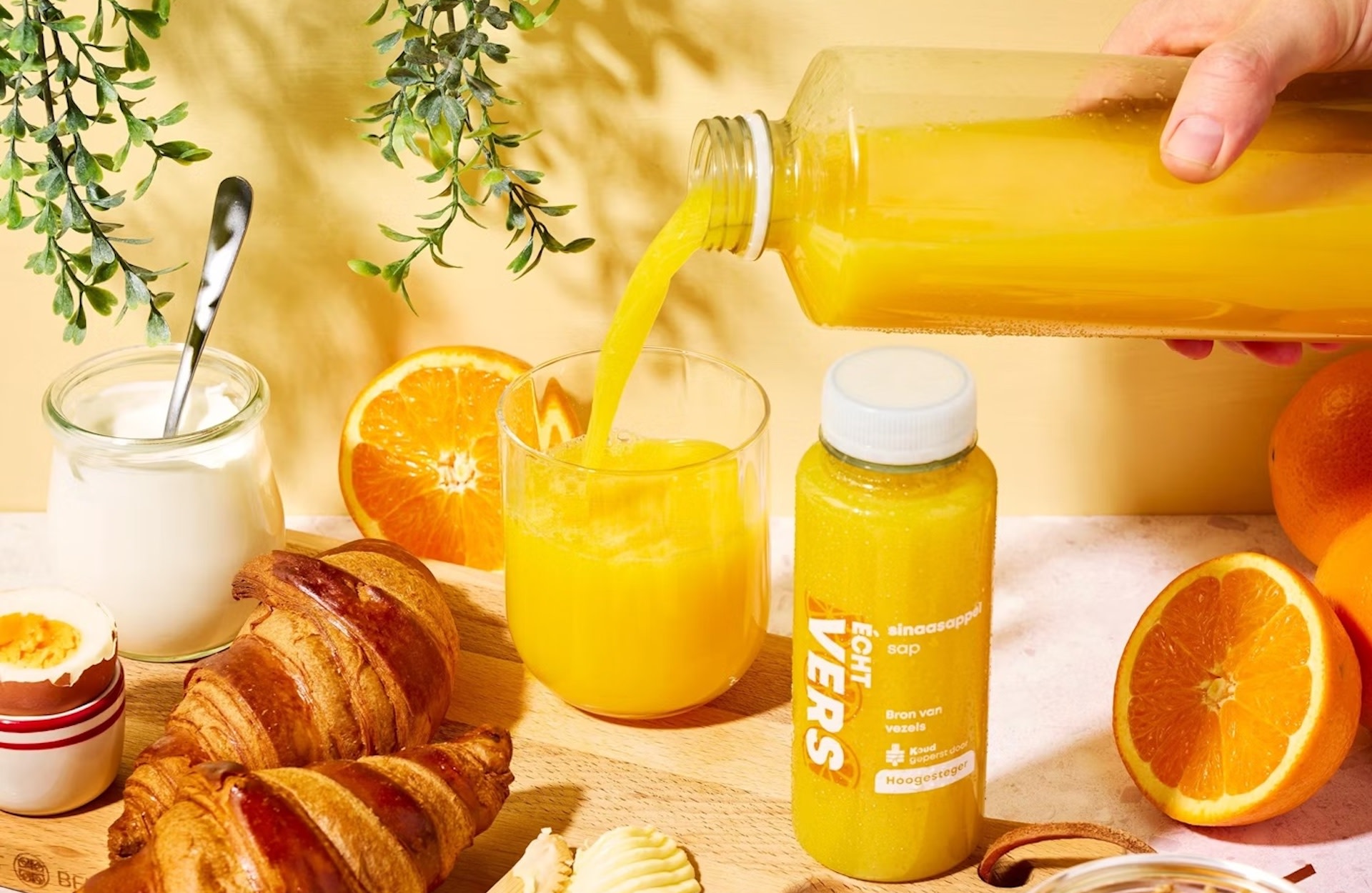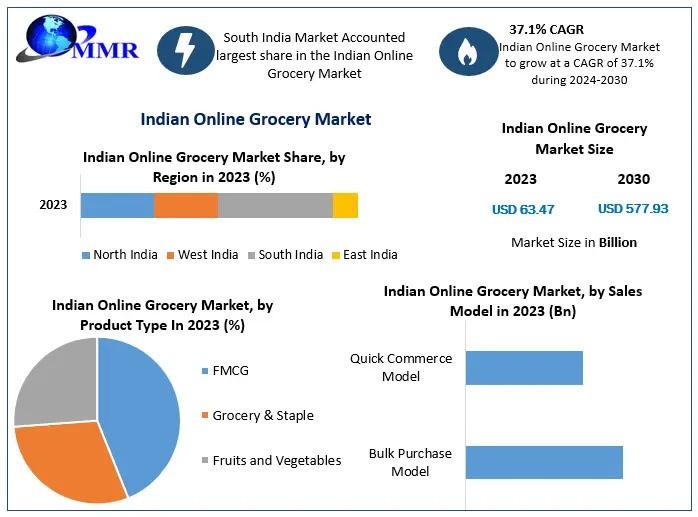Summary
Many supermarket drink products come in plastic bottles, but two Dutch companies are partnering to create a more sustainable alternative.
According to Packaging World, juice producer Hoogesteger has signed an agreement to utilize Avantiums Releaf PEF, a recyclable polymer that is 100% plant-based….
Source: The Cool Down

AI News Q&A (Free Content)
Q1: What is Avantium's Releaf PEF, and how does it contribute to sustainability?
A1: Avantium's Releaf PEF is a 100% plant-based recyclable polymer designed to replace traditional plastic materials. It is derived from renewable sources, which significantly reduces reliance on fossil fuels and lowers carbon emissions, contributing to a more sustainable packaging solution.
Q2: How does the use of Releaf PEF by Hoogesteger enhance the freshness and shelf life of juice products?
A2: Releaf PEF provides superior barrier properties compared to conventional PET, preserving the freshness of the contents by reducing the permeability to oxygen and carbon dioxide. This enhances the shelf life of juice products by maintaining their taste and nutritional value for a longer period.
Q3: What are the potential environmental benefits of using plant-based polymers like Releaf PEF over traditional plastics?
A3: Plant-based polymers such as Releaf PEF offer several environmental benefits. They are biodegradable, reducing plastic pollution, and their production process generally results in lower greenhouse gas emissions. Moreover, they help in reducing dependency on non-renewable resources, promoting a circular economy.
Q4: What recent advances in polymer science were discussed in the scholarly articles related to PEF polymers?
A4: Recent scholarly articles have explored the interfacial and thermodynamic properties of polymer blends, emphasizing molecular weight and chain architecture's role in thermal stability and performance. These studies highlight how advances in polymer science can lead to the development of more sustainable and efficient materials.
Q5: What are the economic implications for beverage companies like Hoogesteger in adopting Releaf PEF bottles?
A5: Adopting Releaf PEF bottles can lead to increased initial costs due to the development and production of the new material. However, it may also result in long-term savings through reduced environmental compliance costs and enhanced brand value by appealing to eco-conscious consumers. Additionally, longer shelf life can reduce waste and inventory costs.
Q6: How does the partnership between Hoogesteger and Avantium reflect a broader trend in consumer goods industries?
A6: The partnership between Hoogesteger and Avantium is part of a broader trend towards sustainability in consumer goods industries. Companies are increasingly investing in sustainable practices, driven by consumer demand for environmentally friendly products and the need to comply with stricter environmental regulations.
Q7: What challenges might companies face when transitioning to plant-based packaging solutions like Releaf PEF?
A7: Companies may face challenges such as higher production costs, the need for new manufacturing processes, and supply chain adjustments. There might also be regulatory hurdles and a requirement for consumer education to ensure market acceptance. Overcoming these challenges requires strategic planning and investment in research and development.
References:
- Photoelectric Factor Prediction Using Automated Learning and Uncertainty Quantification
- Effects of Molecular Composition and Chain Length on the Interfacial and Thermodynamic Properties of Cyclic and Linear Polymer Blends






